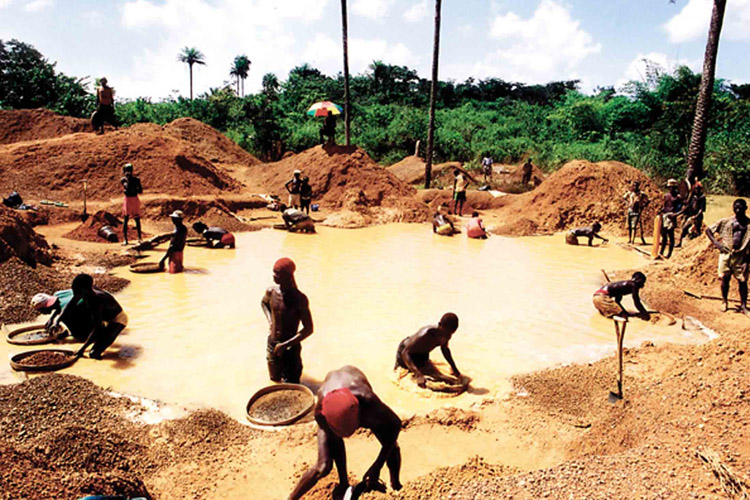In the past, rebel movements used “conflict diamonds” to finance wars against legitimate governments. The Kimberley Process is the most significant step ever taken towards changing the world of rough diamonds.
The Kimberley Process (KP) is a global initiative to halt the exploration and trade of “conflict diamonds.”
“Conflict diamonds” are rough diamonds used by rebel movements to finance wars against legitimate governments in countries such as Angola, Cote d’Ivoire, the Democratic Republic of the Congo, and Sierra Leone.
The Kimberley Process was born in May 2000 when Southern African diamond-producing nations met in Kimberley, South Africa, to discuss the battle against diamonds that were used to fund violence and anarchy.
The United Nations General Assembly sponsored the creation of an international certification scheme for rough diamonds and, by November 2002, governments, the diamond industry, and civil society organizations founded the Kimberley Process Certification Scheme (KPCS).
The new document sets rules for monitoring rough diamond production and trade. The Kimberley Process Certification Scheme started to get implementation in 2003.
The Kimberley Process has 54 members, with the European Union and its 27 Member States counting as individual participants. There are more than 80 countries represented in the Kimberley Process.

The Battle Against Conflict Diamonds
All members of the Kimberley Process account for more than 99.8 percent of the global production of rough diamonds.
The World Diamond Council plays a crucial role in the Kimberley Process enforcement process.
The Kimberley Process is monitoring export, import, and internal “conflict diamond” trade in the member nations.
All international shipments of rough diamonds must be accompanied by a Kimberley Process certificate guaranteeing that they are conflict-free.
Participating countries manage the Kimberley Process on a rotating basis – South Africa, Canada, Russia, Botswana, the European Union, India, Namibia, Israel, the Democratic Republic of the Congo, the United States of America, South Africa, the Republic of China and Angola have already chaired the institution.
The Kimberley Process meets twice a year in plenary meetings, as well as in working groups and committees on a regular basis.
Diamond experts estimate that “conflict diamonds” now represent a fraction of 1 percent of the international trade in diamonds, compared to estimates of up to 15 percent in the 1990s.
“Conflict diamonds” are also known as “blood diamonds,” “war diamonds,” “hot diamonds,” and “converted diamonds.”




